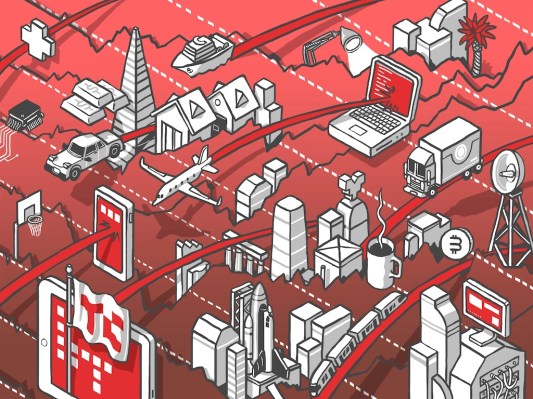Is selling to startups the same as selling to SMBs?
This is a paywalled article but the beginning raises an interesting point (especailly after Brex stopped serving SMBs).
What do you think? Is telling to startups the same as selling to SMBs?
Trending on Indie Hackers


SMBs refers to the size of a business. "Startup" does not (at least with the definitions I'm familiar with) — startups come in all shapes and sizes. So I don't think this is a valuable delineation.
Size is what matters most in this discussion, so if we're talking about SMB vs startup unicorn, then there's a big difference. But if we're just talking about SMB vs your average startup, selling will be largely the same IMO.
If a clear link can be made from how spending money on your product can help them generate greater than 1.x returns, it becomes a no brainer and at that point both SMBs and startups become your customer.
I think a lot of products don't have that clear value proposition and how long it takes to deliver that value.
Typically, startups operates differently to SMBs. If operations are different, buying processes will be different too. Startups can be more agile as processes are just forming. SMBs have established processes and so their focus might be different. For example, startups will care more about credibility of your company and products you sell, as they cannot allow themselves mistakes, whereas SMBs would like you to comply with their processes first (so buying is possible at all).
They are different for sure however there are some crossovers in terms of personal interactions. I think that there are some core foundations of the sales process that can help with either scenario.
Knowledge, skills, and willingness are the pillars in my mind: What knowledge and skills they have, as well as their willingness to make an effort to achieve success in the first place. Listening and asking good questions are also extremely important.
We have two SaaS selling to SMB. I can tell you the personas are way different. And the behavior of the sale is a lot different than startups. SMB is a broad classification. We tend to break it up 1) By industry, 2) # of employees. Examples: Try getting rid of the MS Excel habit and move them to a SaaS.
The article is somewhat vague in its definition of the words "startup" and "SMB", but from what I can tell, startup refers to SaaS VC-backed businesses (or non-VC backed) and SMB refers to non-SaaS small business. There are more SMB business out there than SaaS's, which could mean more monthly business, but these are the least profitable customers. Servicing these types of clients are expensive, because there isn't a lot to gain from them long term. The lifetime value of their account isn't enough for most businesses to want to deal with.
That doesn't mean there isn't any profit to be made in the SMB market. Just that it's harder to scale.
From the other perspective, why would someone buy a company?
I have worked on acquisitions from few mil to few $b. It's different than the VC investing for sure.
Interesting. Did he sell to specific types of startups?
Startups have something SMBs don't have: A big cash flow. They're funded. They don't scrape buy. And in general, selling to companies that have money > selling to companies without money.
Agreed.